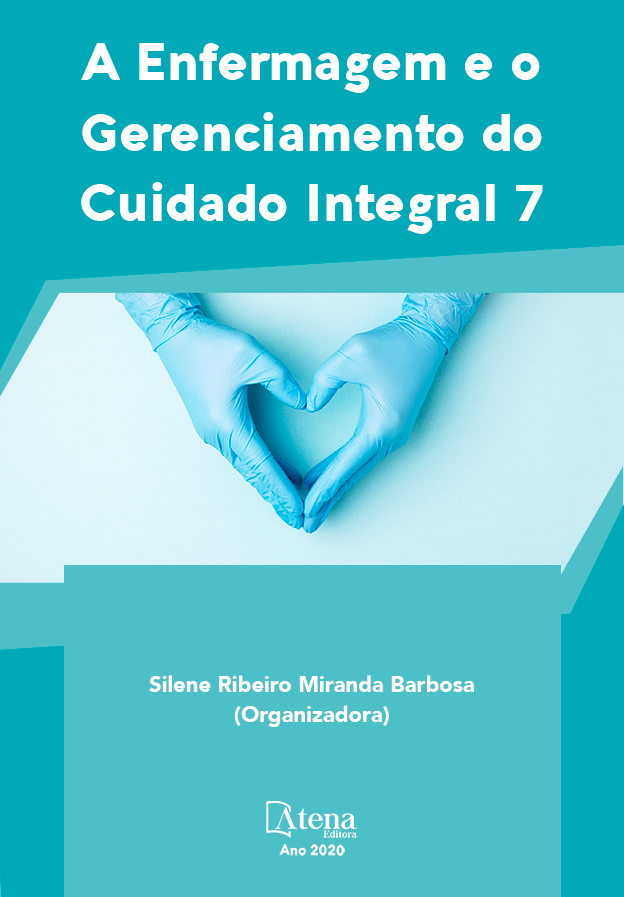
VIVÊNCIA DO CUIDADOR FAMILIAR SOBRE A REVELAÇÃO DO DIAGNÓSTICO DA CRIANÇA COM DOENÇA ONCOLÓGICA
Objetivo: compreender a vivência do cuidador familiar acerca da revelação do diagnóstico da criança com doença oncológica. Investigação qualitativa, com abordagem fenomenológica desenvolvida com seis cuidadoras familiares. A etapa de campo ocorreu por meio da entrevista fenomenológica. Para análise dos dados foi utilizado o método de Martin Heidegger contemplando dois momentos metódicos. No primeiro momento foram desvelados os significados e construídas três unidades de significação (US), sendo elas: US1: Descobriu que era câncer/tumor a partir de sinais e sintomas que a criança apresentava e de exames. Diziam que era normal. Não dava para esperar. Foi encaminhado com urgência para o serviço de referência, US2: Não acreditava que fosse câncer/tumor, depois que caiu a ficha. Ficou chocada, desesperada, foi pavoroso saber. Pensava que fosse perder o filho e US3: Largou tudo para cuidar do filho por se sentir mãe. Ficou ao lado dele desde o início até o final. A partir da compreensão dos significados e dos sentidos apresentados pelo ser-cuidadora-familiar foi possível perceber a relevância da criação de espaços de interlocução coletiva nos serviços de saúde.
VIVÊNCIA DO CUIDADOR FAMILIAR SOBRE A REVELAÇÃO DO DIAGNÓSTICO DA CRIANÇA COM DOENÇA ONCOLÓGICA
-
DOI: 10.22533/at.ed.69020091224
-
Palavras-chave: Saúde da Criança; Doença Oncológica; Revelação da Verdade; Fenomenologia; Pesquisa Qualitativa
-
Keywords: Child Health; Oncological Disease; Revelation of the Truth; Phenomenology; Qualitative Research
-
Abstract:
Objective: to understand the family caregiver's experience about disclosing the diagnosis of the child with oncological disease. Qualitative research, with a phenomenological approach developed with six family caregivers. The field stage took place through the phenomenological interview. For data analysis, the Martin Heidegger method was used, contemplating two methodical moments. In the first moment, the meanings were unveiled and three units of meaning (US) were constructed, namely: US1: He discovered that it was cancer / tumor based on signs and symptoms that the child had and tests. They said it was normal. I couldn't wait. He was urgently referred to the referral service, US2: I did not believe it was cancer / tumor, after the record fell. She was shocked, desperate, it was dreadful to know. He thought he was going to lose his son and US3: He left everything to take care of his son because he felt like a mother. She stayed with him from the beginning to the end. From the understanding of the meanings and senses presented by the family caregiver, it was possible to perceive the relevance of creating spaces for collective dialogue in health services.
-
Número de páginas: 15
- Bruna Albani
- Susane Dal Chiavon
- Rafaela Márcia Gadonski
- Tayná Bernardino Coutinho
- Joslaine Bicicgo Berlanda
- Vitoria Pereira Sabino
- Caroline Sbeghen de Moraes
- Gabriela Gaio
- Samuel Spiegelberg Zuge
- Tassiana Potrich
- Crhis Netto de Brum
- Luana Patrícia Valandro


